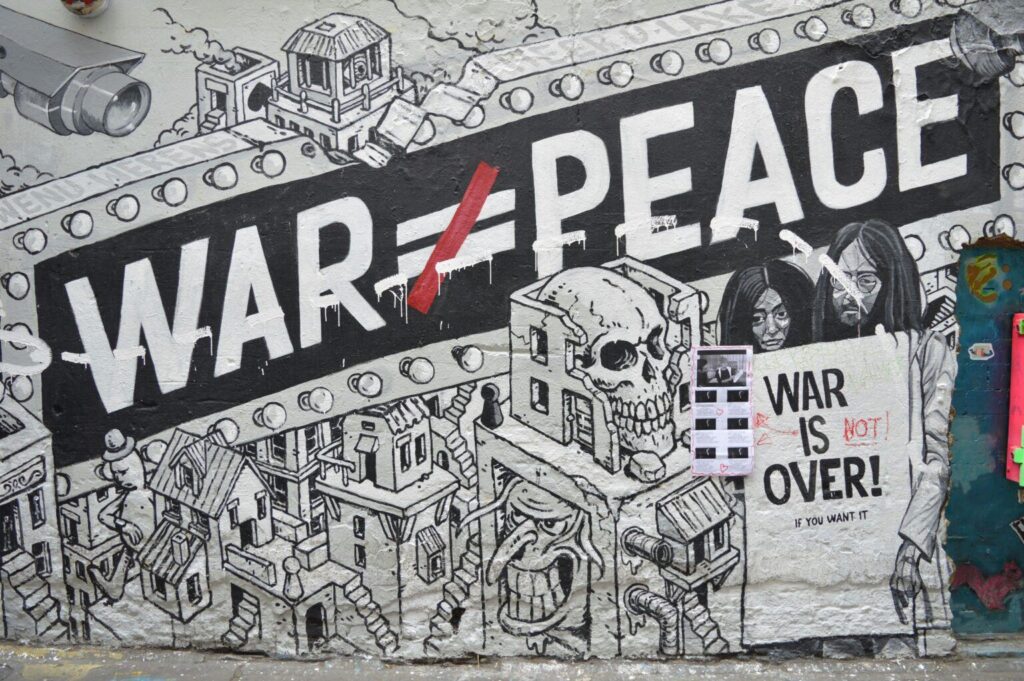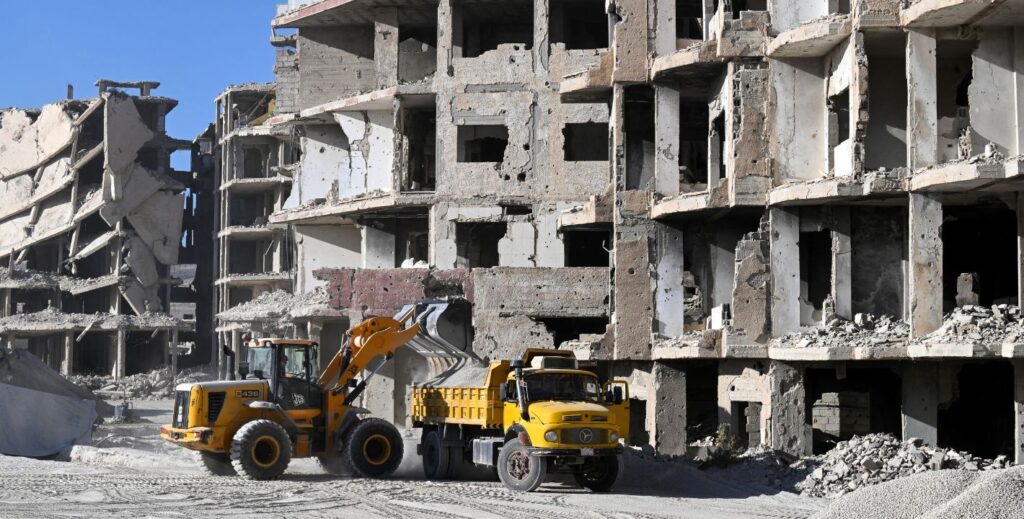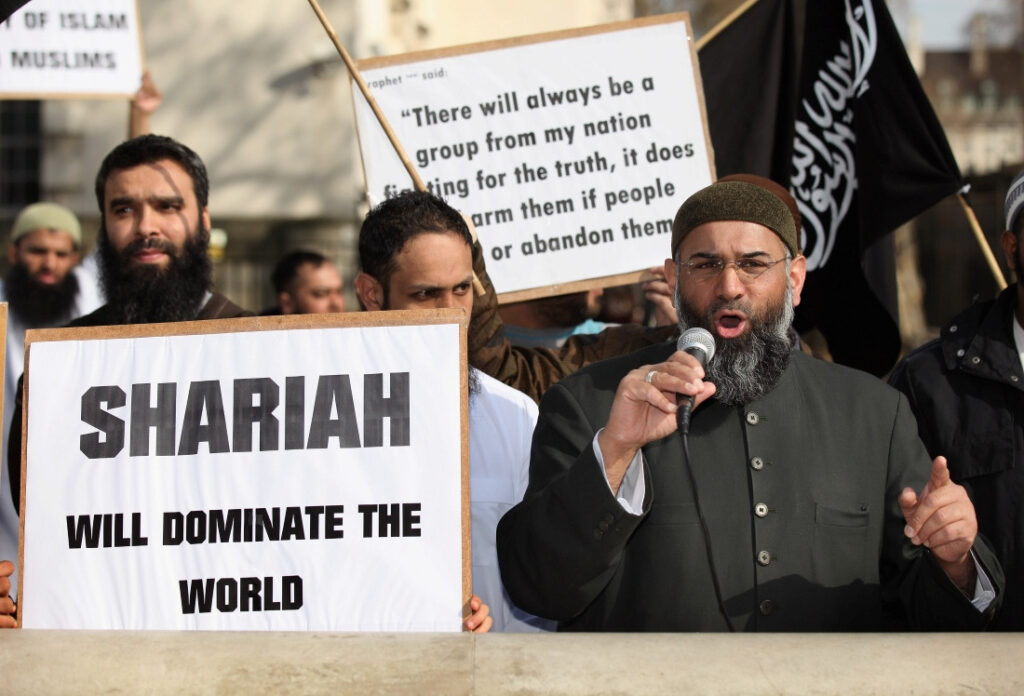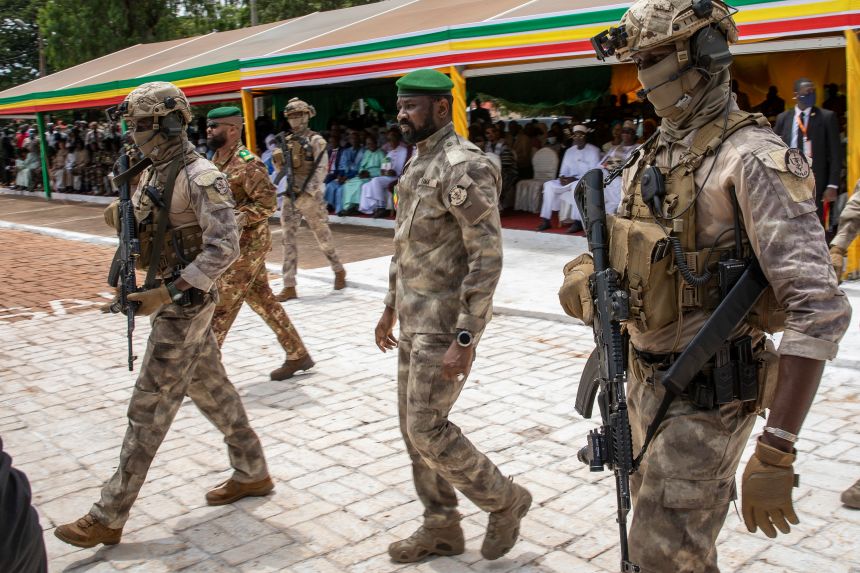Analysis: Islamic State redoubles call for jihad in Sudan, urges foreign fighters to migrate
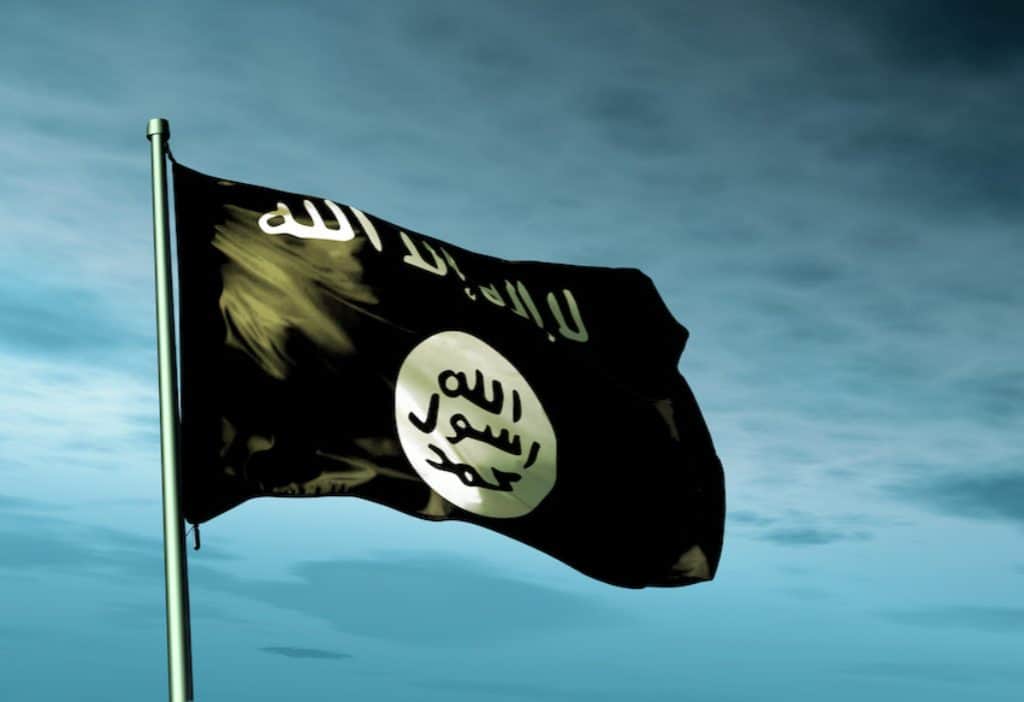
As news of more mass atrocities committed by the United Arab Emirates-backed Rapid Support Forces (RSF) circulates, the Islamic State has again called for jihad in Sudan. In this week’s Al Naba newsletter, the global jihadist organization made its second call to arms for Sudan this year, while also encouraging foreign fighters to migrate to the country.

